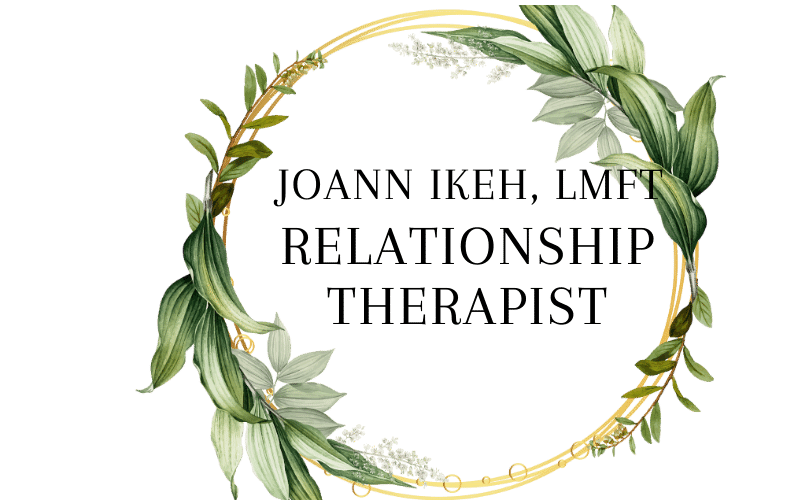How Your Childhood Affects Your Adult Relationships
Have you ever found yourself saying, “Why do I keep ending up in the same kind of relationship?” Maybe you notice the same arguments repeating, or you always feel like you’re giving more than you receive. It can be frustrating, even heartbreaking, to watch the same relationship pattern play out—especially when you genuinely want to do better.
As a relationship therapist, I often remind clients that these patterns didn’t begin in adulthood. They started in childhood.
The Blueprint You Didn’t Know You Had
As children, we learn about love, safety, and connection through our early relationships—especially with parents or caregivers. These experiences quietly become our “blueprint” for intimacy. Even if your childhood wasn’t overtly traumatic, subtle dynamics—like emotional distance, inconsistent affection, or feeling like you had to earn love—can deeply shape how you connect as an adult.
If you grew up with emotionally unavailable caregivers, you might find yourself drawn to partners who feel distant or hard to reach. It’s not that you want that kind of pain. It’s that a part of you unconsciously seeks what’s familiar. Familiarity often feels “safe,” even when it’s not healthy.
This is what therapists call attachment patterns, and understanding yours is often the first step in healing relationship issues.
The Roles We Learn to Play
Children are incredibly adaptive. We figure out what’s needed to stay connected—or at least avoid rejection. Maybe you became the peacemaker, always smoothing things over to keep the peace. Maybe you became the achiever, believing that if you were perfect, you’d finally feel loved. Or maybe you learned to hide your emotions because being vulnerable never felt safe.
Fast forward to adulthood, and those old roles often show up again. You might find yourself people-pleasing, over-giving, or shutting down when conflict arises—because those strategies once helped you survive.
But what once protected you as a child can now get in the way of healthy intimacy.
You’re Not Broken—You’re Patterned
Here’s something I want you to hear clearly: you are not broken. These patterns don’t mean you’re incapable of love or that you’re “too much.” They mean you learned how to adapt in an environment that required you to survive emotionally.
The good news? You can rewrite that story.
Awareness is the first step. Notice when you feel triggered, unseen, or disconnected in your relationships. Pay attention to moments when you shut down or overcompensate. These are not signs of failure—they’re invitations to heal.
Healing Is a Relearning of Love
In individual and couples therapy, we often explore how those early experiences still live in your emotions, thoughts, and body. Healing might mean grieving what you didn’t get as a child, or practicing new ways of relating—like expressing needs, setting boundaries, and allowing closeness without losing yourself.
Healing is not about blaming your parents. It’s about reclaiming your emotional freedom. It’s about learning to give yourself the love, consistency, and compassion you needed back then—so your adult relationships can finally feel safe and balanced.
A Gentle Invitation
If this resonates with you, you’re not alone. So many people find themselves repeating painful relationship patterns rooted in childhood wounds. But those patterns can change—with awareness, courage, and the right support.
Therapy can help you understand your attachment style, break unhealthy cycles, and create deeper, more secure relationships.
If you’re ready to begin that journey, I’d be honored to walk with you. You can reach me at joannikeh@joannikeh.com or book a free consult.
Because healing your relationship patterns doesn’t start with your partner—it starts with you.


